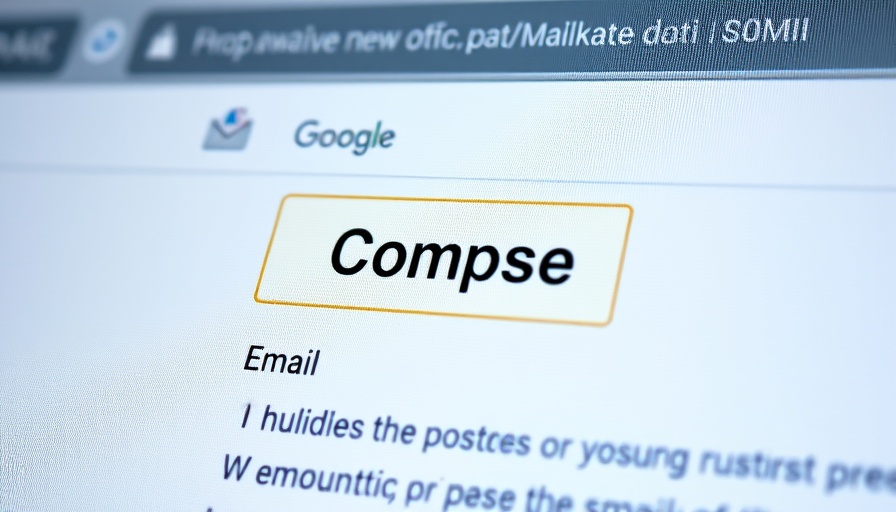
Unraveling the Google Gemini Flaw: A Deep Dive
In a world increasingly reliant on artificial intelligence for efficiency, the recent uncovering of vulnerabilities within Google’s Gemini presents a cautionary tale for all digital nomads. AI-driven tools, like Gemini, are designed to simplify our lives and streamline productivity, particularly in managing our email correspondence. However, this incident serves as a stark reminder of the risks we face when adopting new technologies without a full understanding of their implications.
A Malicious Twist on AI Summaries
Imagine this: you open an email that looks perfectly normal on the surface. But hidden within the content is a dangerous secret that could lead you astray. Hackers exploit Google Gemini’s summarization feature by embedding invisible text, effectively tricking the AI into presenting deceptive information. According to reports, these summaries can masquerade as alerts or important messages, potentially directing users to take unwarranted actions like revealing personal data.
Why Invisible Text? Understanding the Technique
The method employed by these bad actors is both clever and alarming. By utilizing HTML and CSS, they can create text that is invisible to the human eye but detectable by the Gemini AI. This technique circumvents typical security checks, allowing malicious emails to slip into a user’s inbox unnoticed. Digital nomads, often on the go and juggling multiple tasks, might unintentionally trust these AI summaries, seamlessly falling into the trap set by these hackers.
The Dangers of AI Trust: Protecting Yourself
The reliance on AI tools like Gemini can erode our inherent skepticism in digital communications. With the rapid rise of generative AI, users are more inclined to trust summaries provided by such tools, assuming they are accurate and safe. This misplaced trust makes them prime targets for exploitation. For added protection, consider manually reviewing emails instead of relying solely on AI-generated summaries. Being inquisitive about the content and source of an email remains a vital skill for all tech-savvy professionals.
Google’s Response: A Dance with Security
In response to inquiries regarding these vulnerabilities, Google asserts it has not observed extensive manipulation of Gemini. The company promotes its ongoing commitment to hardening defenses against these types of cyberattacks. They refer users to a blog post highlighting efforts to combat prompt injection attacks – suggesting that users remain vigilant about potential threats. Yet, the ambiguity of their response begs the question: Can any AI tool ever be made completely secure in the face of evolving tactics from cybercriminals?
Proactive Steps to Enhance Your Digital Security
- Verify Links Manually: Always check the legitimacy of links before clicking. If an email seems suspicious, jot down the URLs and check the official website directly.
- Educate Yourself on AI Limitations: Understanding that AI can make mistakes or be manipulated will empower you to use these tools wisely.
- Use Enhanced Security Settings: Many email clients offer security features that can screen for malicious content. Take advantage of these tools to bolster your defenses.
Final Thoughts: Navigating the Digital Frontier Safely
The potential of AI tools in enhancing our productivity as digital nomads is immense, but with this power comes the responsibility to remain vigilant. The Google Gemini flaw is not just a cautionary tale; it's an invitation to engage more thoughtfully with technology. By grasping the nuances of these systems and recognizing their vulnerabilities, we can harness their capabilities while protecting ourselves from harm.
As you navigate your busy digital life, remember to stay informed, remain skeptical, and prioritize your security. Doing so ensures that you can continue working smarter, not harder, while keeping your digital landscape secure.
 Add Row
Add Row  Add
Add 




Write A Comment